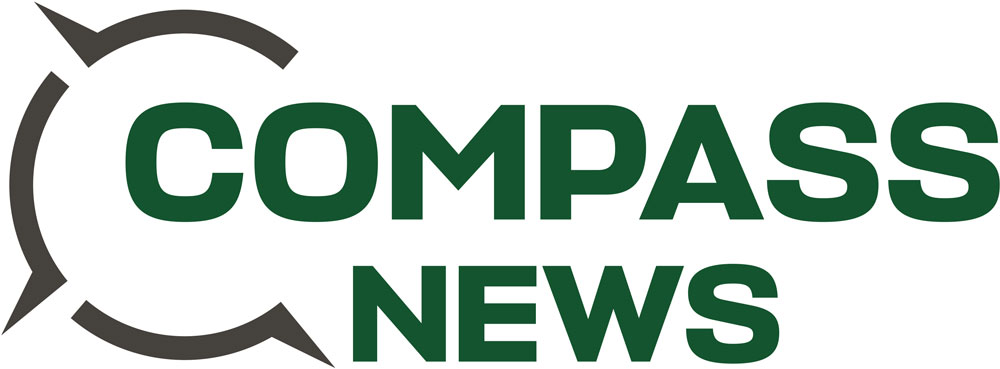A university campus is being built on the site of the transit terminal at 24 Maple Ave.
Last week, Mayor Alex Nuttall Lakehead University announced it would open a science, technology, engineering and math hub within Barrie. When classes begin in September 2026, the satellite campus will allow people in Barrie to study engineering, mechatronics and computer science at the undergraduate and graduate levels.
During a presentation on Wednesday’s council meeting, Lakehead’s vice-chancellor Gillian Siddall provided more details about the university’s plans. “We’re delighted to share what we believe will be a game-changing evolution of Lakehead’s presence in Barrie, an initiative that will bring fresh opportunities for cutting-edge learning, bold innovation and transformative growth. As Ontario’s top-ranked primarily undergraduate university, and fifth best in Canada according to MacLean’s rankings for 2025, Lakehead University has a proud history of delivering world-class education that transforms communities.”
The STEM hub will become Lakehead’s second satellite campus. The first, based in Orillia, opened in 2006 and now has an undergraduate population of about 1,400 students. According to Siddall, the campus generated $328 million for the Simcoe economy in 2023. “While the STEM hub will have a specialized focus, it presents a substantial opportunity to fuel the city’s economic growth and drive innovation and support critical industries by developing a highly skilled workforce.”
Siddall is not alone in suggesting the STEM hub would be a boon to the local economy. According to the Barrie Chamber of Commerce, the campus will bring significant economic — as well as social and cultural — benefits. “The influx of students, faculty, and staff will stimulate local businesses — housing, retail, services, and entertainment — fostering a vibrant and dynamic economy. This development could inject millions into Barrie’s economy annually, supporting local businesses and creating hundreds of jobs in related sectors.”
Jeff Lehman, who served as Barrie’s mayor between 2010 and 2022, says universities involved in research and development often bolster local economies.
“Look at the impact of the University of Waterloo on Waterloo Region, for example. . . . That’s what becomes the ‘golden goose’ for a regional economy,” Lehman wrote in a November 26 email to the Barrie Compass.
“Having university programs [. . .] also gives kids who can’t afford to live away from home, or aren’t ready to, a local option,” he added. “At this time of high housing costs, that becomes a big barrier to families that can’t afford it.”
Barrie is currently the third-largest municipal centre in Ontario without a university presence — after Burlington and Richmond Hill. In a recent interview, Nuttall described building a local university as his top goal. “That would be something we need to double-down on at council so that we can ensure our young people don’t have to leave town to become educated and successful, should they choose to go down the university route rather than the college route.”
In Canada, about one-in-three (32.9 per cent) people aged between 25 and 64 have completed a university degree. Just one-in-four (25.4 per cent) Barrie residents aged between 25 and 64 hold one.
Following the presentation, Ward 1 councillor Clare Riepma said the campus will help Barrie catch up with the rest of Canada in terms of academic achievement.
“When a student goes to university, he tends to stay around the university and work there for the rest of his life,” added Riepma. “I’m a prime example of that. I left the farm, went to school and here I am.”
Ward 6 councillor Nigussie Nigussie, though, wants the number of programs being offered at the proposed campus expanded, pointing to the need to address medical field shortages.
“Five or ten years down the road, would Lakehead University consider including medical fields in the program? Our region is facing a shortfall of doctors, physicians assistants, radiologists and so on.”
“Well, I think that would be a beautiful thing, but I think we need to take this one one step at a time and establish the STEM hub and see where we grow from there,” said Siddall. “But certainly, we’re working on establishing a veterinary program in concert with Guelph on our Thunder Bay campus right now.”
During a subsequent vote, councillors approved a motion committing $6.5 million to the construction of the new campus, which will feature modular buildings in order to keep costs down, as well as another $3.4 million earmarked for operational costs.
Previous efforts to found satellite campuses in the city have fallen flat. The most recent attempt was announced by Laurentian University in 2014, 13 years after the Sudbury-based institute began offering its courses out of Georgian College. It committed $25 million to building a campus in Barrie, with the city agreeing to throw in an additional $14 million. The plans were scuttled in 2016 and the partnership with Georgian ended in 2019.

